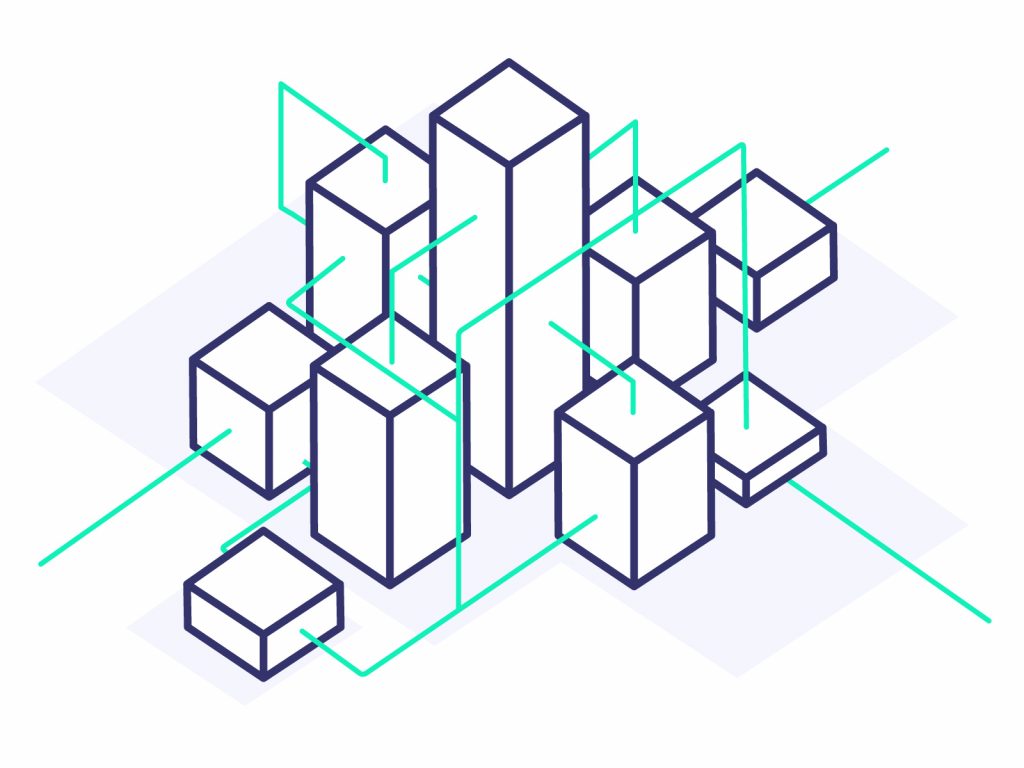Career Options
Pursuing a Master’s degree in High-Performance Computing opens up a wealth of career opportunities in a rapidly growing field. With a strong foundation in HPC principles and technologies, graduates are equipped to excel in a variety of roles. While the following areas represent some of the key career paths for HPC professionals, this list is by no means exhaustive.

Research software and domain expertise
As an HPC specialist, you can contribute to cutting-edge research projects by developing high-performance software solutions tailored to specific domains. This career path involves collaborating with researchers, scientists and engineers to optimise algorithms, implement parallel computing techniques and create software tools that enable breakthrough discoveries in fields such as physics, biology, material science, computational fluid dynamics, computational solid mechanics and more.
Numerical and data analytics expertise
HPC graduates with a strong background in numerical methods and data analytics can pursue careers in industries that heavily rely on data processing and analysis. This includes finance, healthcare, manufacturing, energy and many others. You will leverage your knowledge of parallel computing frameworks and algorithms (numerical analysis and AI algorithms) to accelerate complex simulations, perform large-scale data processing and extract valuable insights from vast datasets.


Performance analysis and engineering expertise
Professionals with expertise in performance analysis and engineering are in high demand to optimise the efficiency and scalability of HPC systems. In this role, you will accelerate your computational algorithms by assessing and fine-tuning hardware configurations, network architectures and software environments to maximise computational throughput and minimise latency. Your benchmarking, profiling and debugging skills will contribute to developing mathematical algorithms that will efficiently make use of high-performance computing clusters and infrastructure.
System development, operations, and support expertise
HPC systems require skilled professionals to design, deploy and maintain the hardware and software infrastructure. With a Master’s degree in HPC, you will be well-prepared to work in system administration, cluster management and user support roles. Your responsibilities may include system configuration, software installation, performance monitoring, troubleshooting and providing technical assistance to users in academia, research institutions or industry.


System architecture expertise
HPC systems are complex and architects play a crucial role in designing and optimising their overall structure. As a system architect, you will work on designing high-performance computing platforms, considering factors such as interconnect technologies, memory hierarchy, storage systems and energy efficiency. Your expertise will contribute to the development of computer architecture in the context of next-generation supercomputers and advanced computing solutions.